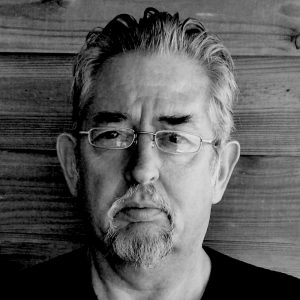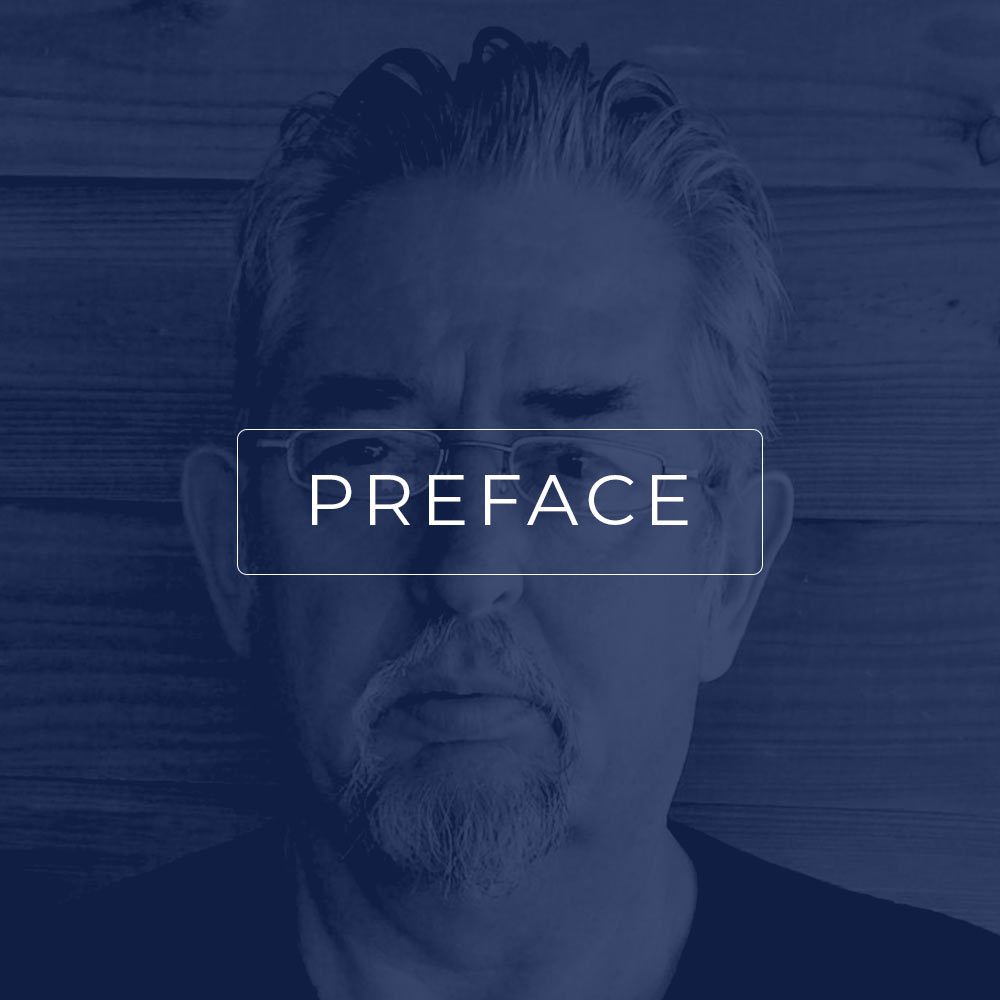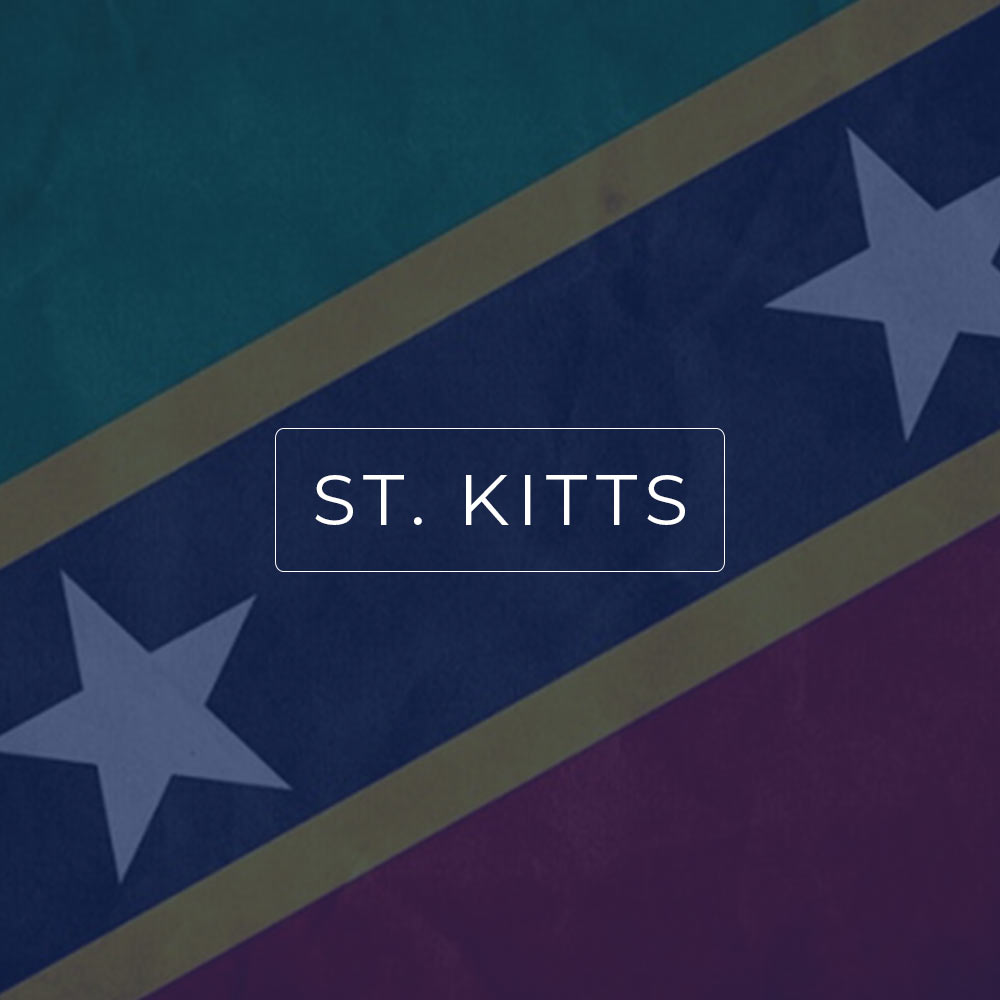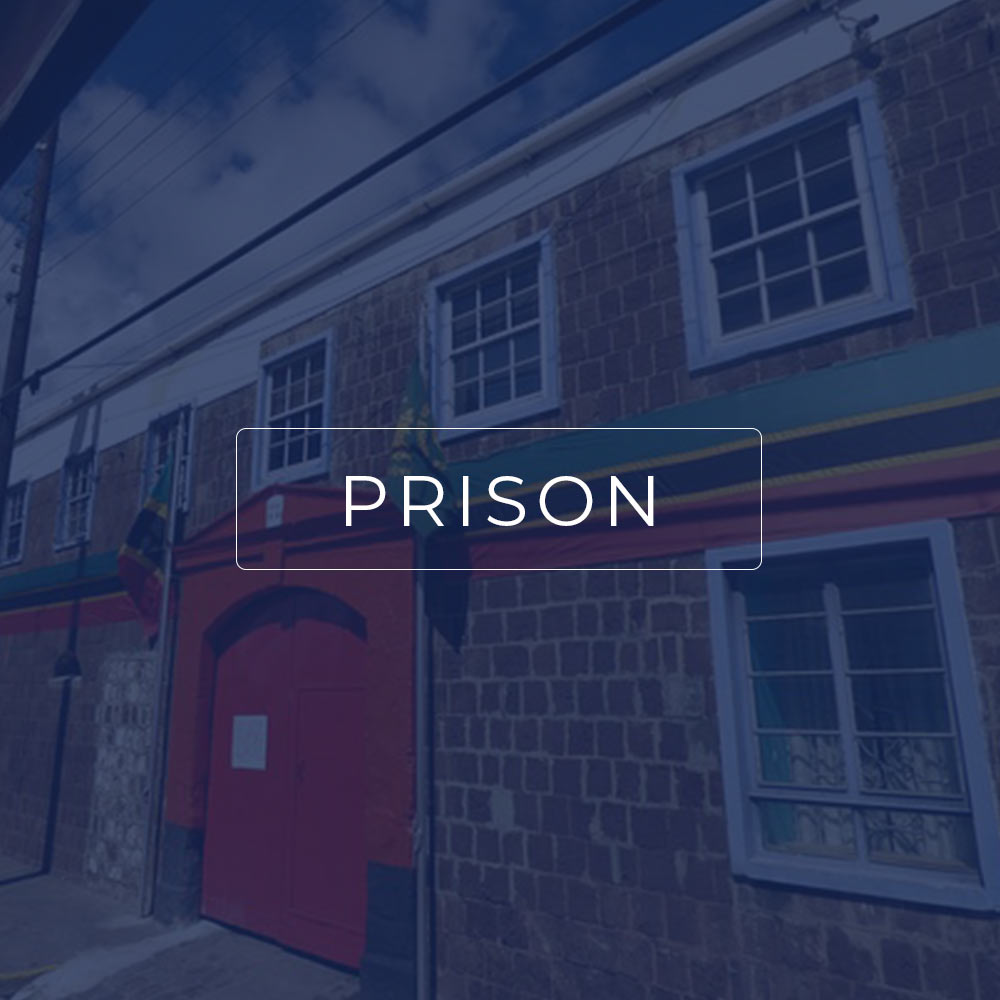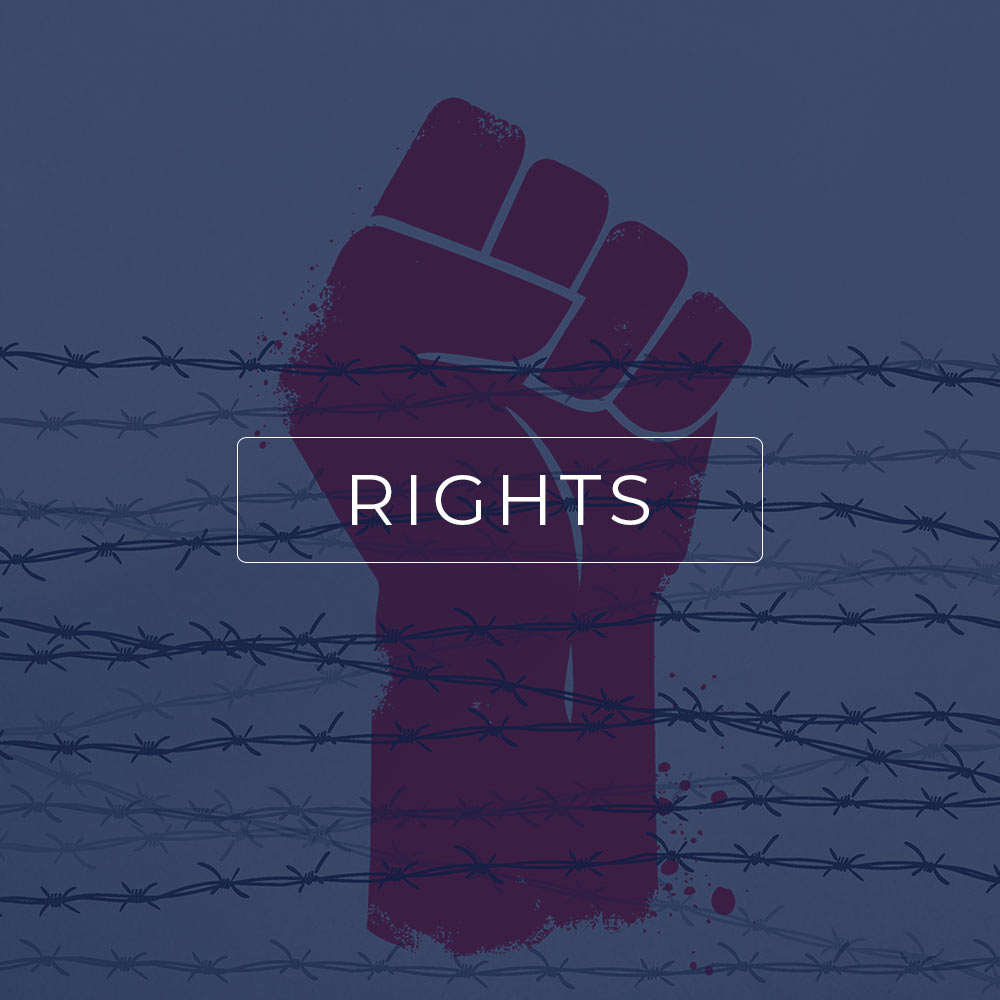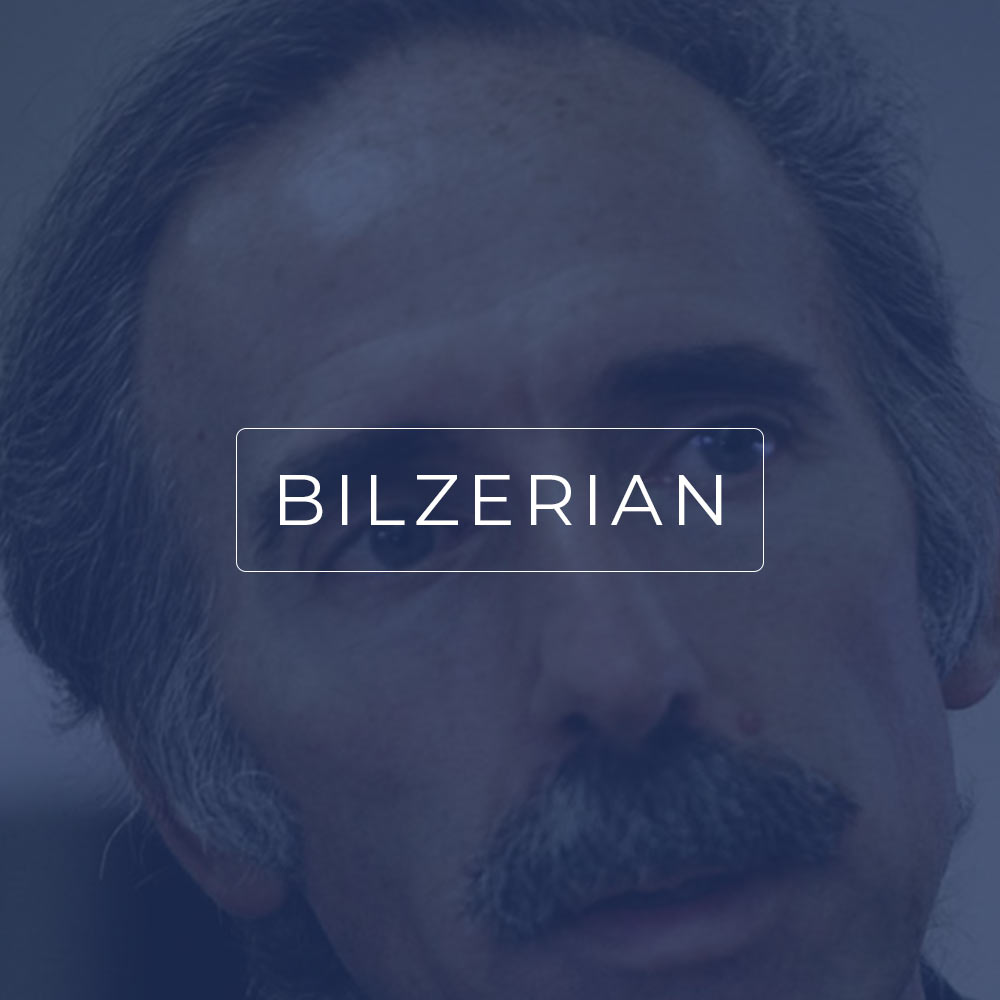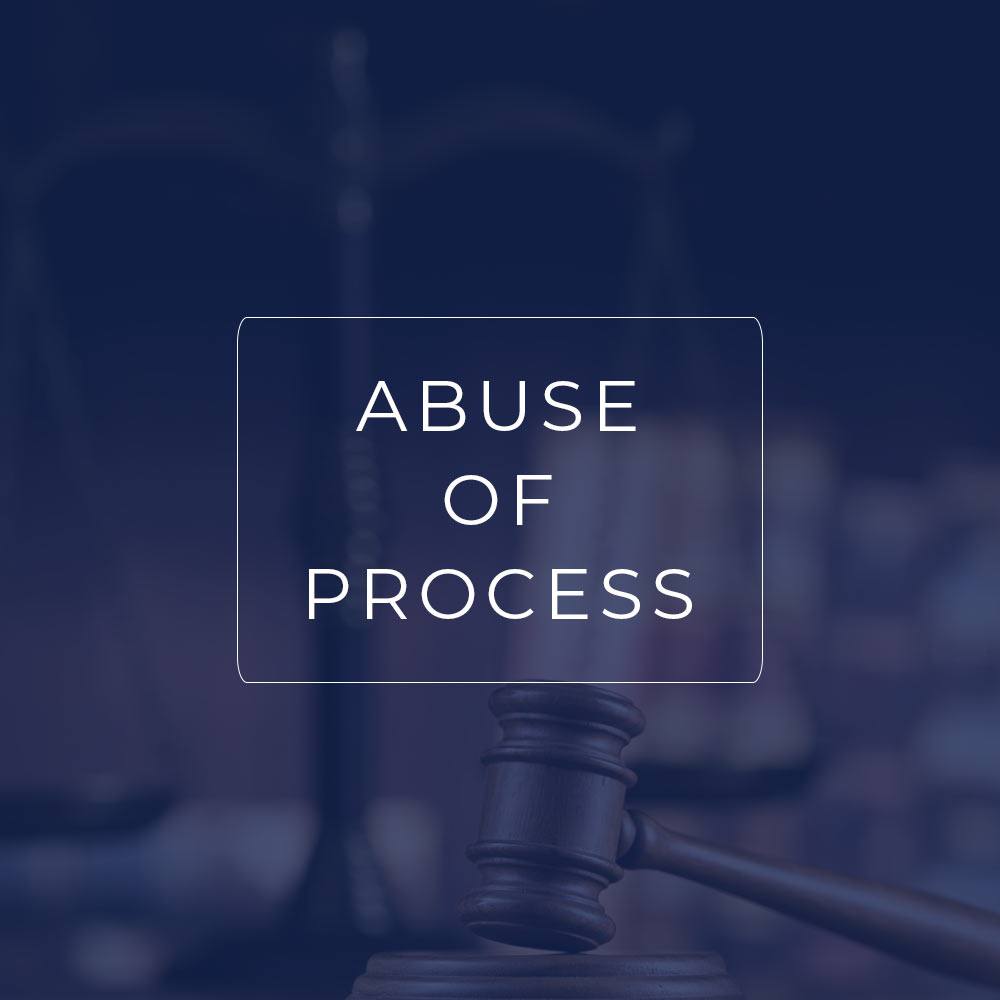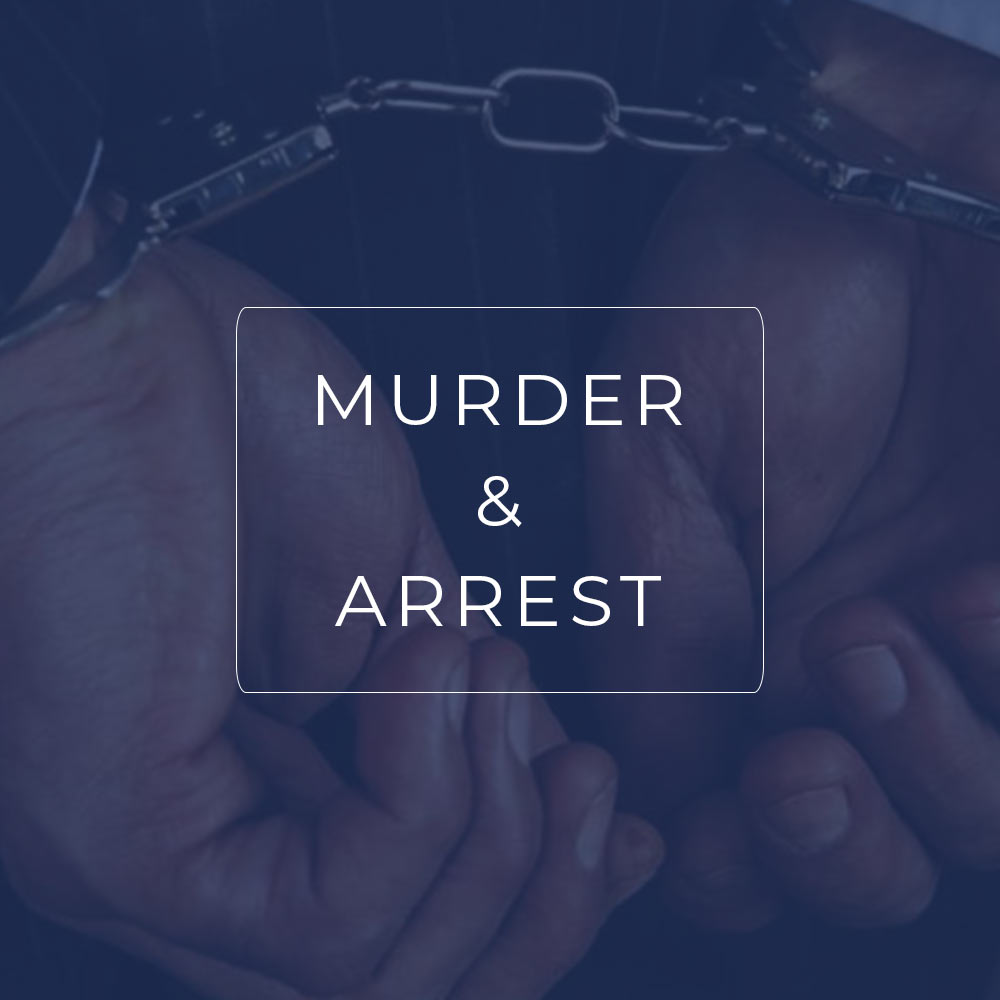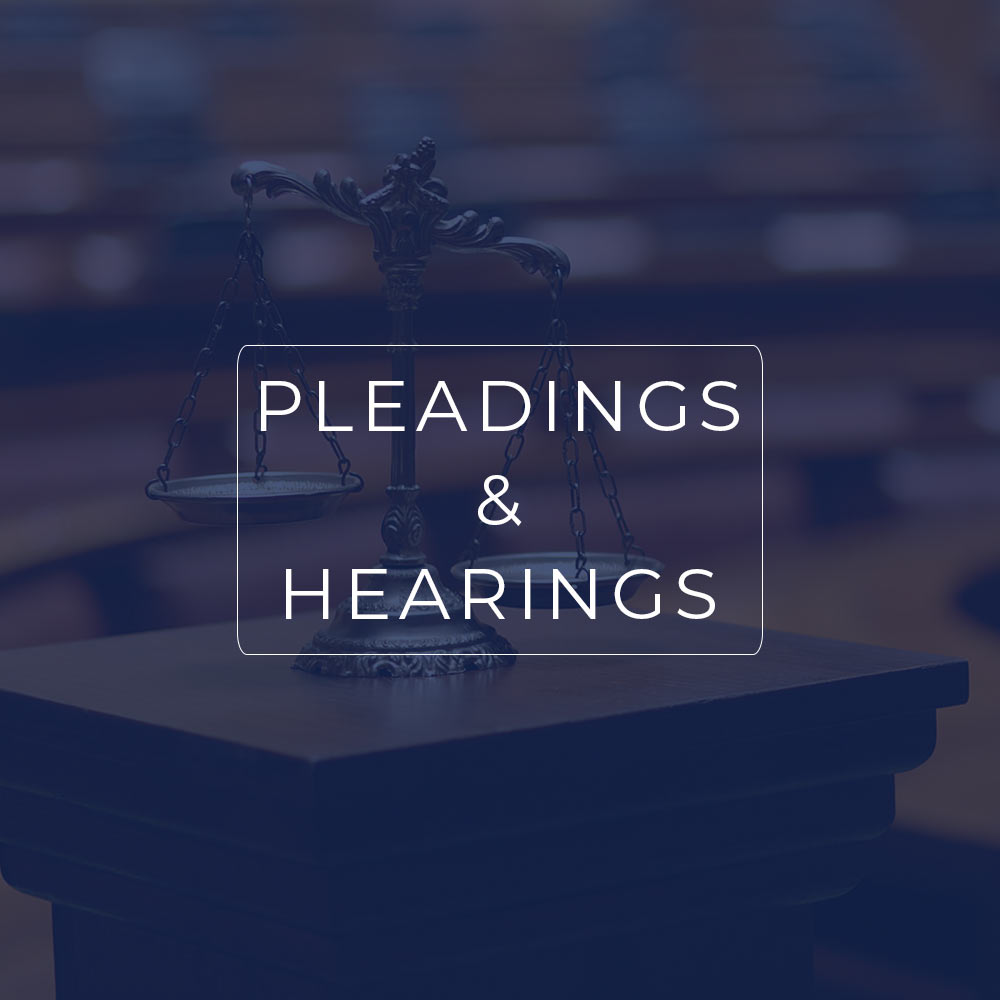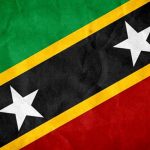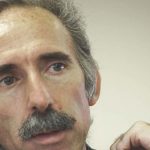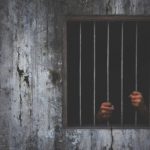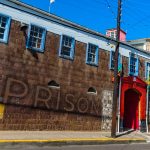My overall view after reading your affidavit and other material, is that you suffered a most grievous injustice in a small jurisdiction where decisions were taken based on the power of some individuals and not according to the rule of law. This claim is an opportunity for the court to state emphatically that in the Caribbean the rule of law does prevail and constitutional rights are to be enforced.
Lord Anthony Gifford Q.C. – Letter to Kevin Horstwood 4th of June 2019
The subject of this website is an autobiographical account by a British citizen, who at the age of 45 moved his business interests to St Kitts, a member of the British Commonwealth, and invested his life’s accrual in a Plantation Inn there. He was dedicated and he worked hard. The Inn prospered and he decided to purchase a second Inn. During the purchase transaction of the second Inn, the St Kitts lawyer handling the conveyance stole $3.05 million US dollars of the purchase funds placed in his law firm’s account.
However, this was only the beginning of the nightmare. Powerful friends of the then Prime Minister, coveted the properties and business which the man had built up. The man was predated by agents of the government, including an American con-man. He was then pressed by the Prime Minister and his friends to sell out to them. Being committed to his endeavor, he politely declined the offer of a ‘buy out’ by these powerful people and he opposed the American con-man in court. Within weeks he was framed by the St Kitts police for a murder that he could not possibly have committed. He was thrown into jail and held captive for almost four years without trial.
He was, by far, the longest serving British citizen in jail without trial. However, he discovered then that the British Foreign Office were actually powerless to assist, and that the term Commonwealth, in reality, is a misnomer. Somehow, he survived the conditions and the years of hell in the notorious Basseterre jail. He was twice, and often three times, as old as the other prisoners around him. He was not tough, but he stubbornly held on to life. He kept a daily journal, which is now the basis of his fight for recompense for his losses and the abuse by St Kitts of his Constitutional Rights. He has received no apology from St Kitts, no offer of settlement, and he is left physically and emotionally scarred by the attack on his very existence.
But for, his tenacious spirit, he would not still be alive. But for, five true friends he would be destitute now. He and those few friends are progressing the collection of a shameful Constitutional debt owed to him, by St Kitts. Currently St Kitts is trying to usurp its responsibility. The account that follows contains the facts of the matter.
The man’s name is Kevin Andrew Horstwood.
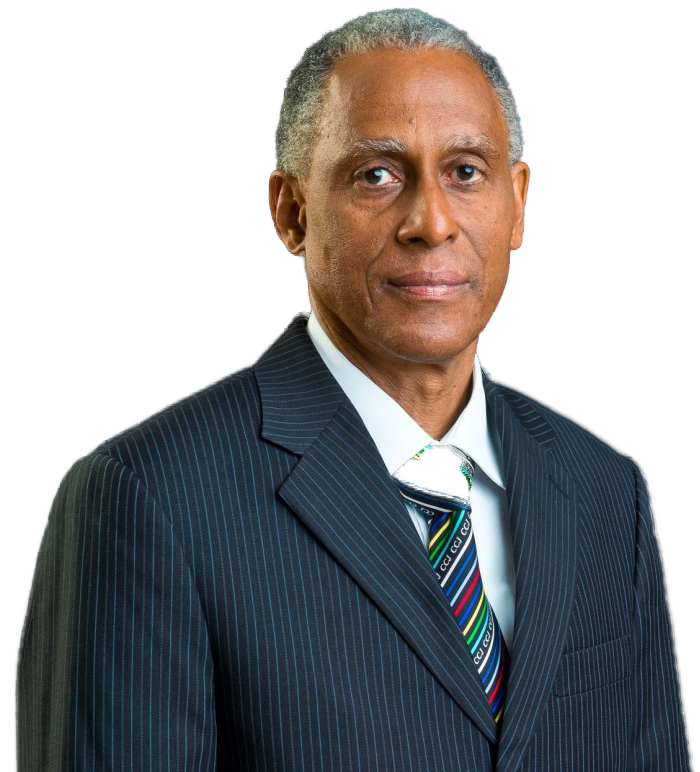
“Caribbean governments and parliaments have their own role to play in promoting the rule of law. . . One of the challenges to the rule of law lies in the dangers associated with the over centralisation of power in the hands of the Prime Minister. In a book on Caribbean Constitutional Law published recently . . . we drew attention to this feature. In fact, we labelled the dominant system of governance in the region as prime ministerial government, that is a system where the prime minister wields immense power as the head of government and typically controls the majority in the houses of parliament. Prime Ministerial Government results in a concentration of Executive and Legislative power in one individual leading to a culture of patronage and dependency.
“If I had to sum up our principal responsibility in this age, I would say that it is to maintain and enhance the rule of law. To my mind that is an essential platform for achieving and maximizing social and economic progress. But what exactly do we mean when we speak of the rule of law? What are the elements that comprise this precious principle? In my view the rule of law means a lot more than its most basic ingredients. Those basic ingredients have usually been listed as firstly, the making of laws in a public manner with the laws being accessible to the population; secondly, the laws made should take effect generally in the future; and thirdly, the laws must be publicly administered by courts that are independent and impartial. In other words, at its most basic, the rule of law signifies the sovereignty of the law over arbitrariness. But while essential, that is, in my view, an insufficient characterization of the rule of law. In addition to those elements, the rule of law also implies legal accountability, fairness, respect for minorities, the observance of human rights, the separation of the powers and equality before the law. Our Constitutions are excellent guarantors of the rule of law because they serve as a fundamental brake on tendencies to arbitrariness, They, are designed to keep government in check; to constrain the actions of all the organs of the State.”
The Honorable Justice Adrian Saunders, President of the Caribbean Court of Justice speaking in St Kitts on the 9th of March 2017
If I had to sum up our principal responsibility in this age, I would say that it is to maintain and enhance the rule of law. To my mind that is an essential platform for achieving and maximizing social and economic progress. But what exactly do we mean when we speak of the rule of law? What are the elements that comprise this precious principle? In my view the rule of law means a lot more than its most basic ingredients. Those basic ingredients have usually been listed as firstly, the making of laws in a public manner with the laws being accessible to the population; secondly, the laws made should take effect generally in the future; and thirdly, the laws must be publicly administered by courts that are independent and impartial. In other words, at its most basic, the rule of law signifies the sovereignty of the law over arbitrariness. But while essential, that is, in my view, an insufficient characterization of the rule of law. In addition to those elements, the rule of law also implies legal accountability, fairness, respect for minorities, the observance of human rights, the separation of the powers and equality before the law. Our Constitutions are excellent guarantors of the rule of law because they serve as a fundamental brake on tendencies to arbitrariness, They, are designed to keep government in check; to constrain the actions of all the organs of the State.
The Honorable Justice Adrian Saunders, President of the Caribbean Court of Justice speaking in St Kitts on the 9th of March 2017
- 2021 - About St. Kitts1.1 Why St Kitts.? (para 1 to 4) 1.2 Professional accountability in St Kitts. (para 5 & 6) 1.3 British Commonwealth status. (para 7 to 13)
- 13.1 Paul Bilzerian throws punches at KH (para 105 & 106) 13.2 Adam Bilzerian admits that his father wants the KH property to develop, and offers to leave KH alone for $1.0 million US dollars (para 107) 13.3 KH tells Adam Bilzerian that KH has just learned from his lawyers that the funds wired to...
- 2012 - False Incarceration21.1 Cell 26 on the 2nd of January 2012 (para 163 & 164) 21.2 Rights abuses on the 3rd of January 2012 (para 165 to 166) 21.3 Abuse and intimidation by jail staff on the 3rd of January 2012. Suggestion that KH would be “shot while trying to escape” (para 167)
- The subject of this website is an autobiographical account by a British citizen, who at the age of 45 moved his business interests to St Kitts, a member of the British Commonwealth, and invested his life’s accrual in a Plantation Inn there. He was dedicated and he worked hard. The Inn prospered and he decided...
- 2012 - Terror in the Night25.1 Armed soldiers visit Kevin’s cell (para 180) 25.2 “Shot trying to escape” (Para 181 to 184) 25.3 First visit of the Honorary British Consul Sarah Percival (para 185)
- 3.1 Recommendation by the Prime minister (para 36 to 39) 3.2 Vernon Veira directs funds to his Client Trust Account (para 40) 3.3 No support from the government (para 41) 3.4 Frustration caused by prevarication and procrastination by Vernon Veira (para 42 & 43) 3.5 Theft by Vernon Veira on 1st of April, 2009 (para...
